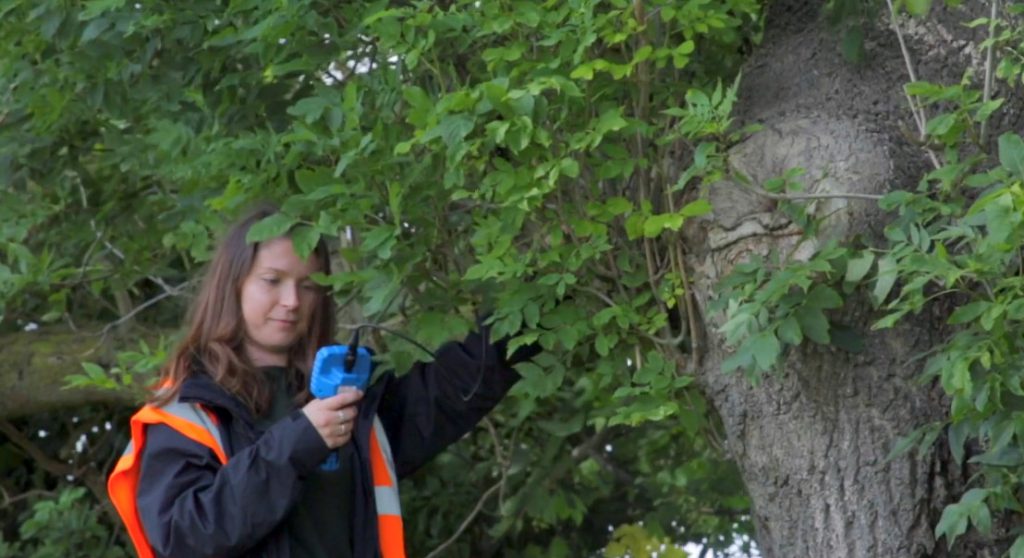Compliance with the BNG Regulations
Within the Environment Act 2021, there are multiple policies that aim to protect and enhance the natural environment for both current and future generations. One that focused on the planning process was biodiversity net gain (BNG), and with it, developers working on the majority of planning projects in England will be required to protect the most valuable existing habitat on the site and enhance biodiversity value by a minimum increase of 10%.
A two-year transition period followed the unveiling of the BNG requirement, giving developers and local planning authorities a realistic opportunity to become accustomed to it before having to remain compliant. That said, it was common for various local councils to enforce the policy ahead of time, with the government allowing this option. Whether a development falls during or after the transition period, anyone staging a planning project in Cumbria would need to ensure that Cumbria County Council is sufficiently happy with their actions towards meeting the aims of the policy.
Reference of the BNG Policy
A selection of different strategies are in place to show consideration to natural habitats and wildlife-rich places throughout Cumbria and the wider national network of wildlife habitats. Between an emphasis on climate change in conjunction with planning that references the importance of water quality and clean air, countless mentions of the importance of sustainable development in the planning system within the Cumbria Local Nature Partnership Strategy, and direct citation of the BNG policy in the Cumbria Wildlife Trust’s vision for a nature recovery network, it is clear that biodiversity net gain has been threaded into every aspect of specific proposals for protecting the environment.
Alongside local nature recovery strategies (LNRSs), national policy such as the national planning policy framework (NPPF), spatial strategies for nature, provided planning policy guidance and input from local communities, Cumbria County Council and the many other local councils throughout the area are equipped for upholding their legal requirement to biodiversity net gain and ensuring that all applicable developers remain within the rules of the policy. Likewise, anyone staging a development project anywhere in the county will be required to follow the parameters of BNG if it applies to them.
The Role of Biodiversity Net Gain in Development
Now an applicable part of UK law, it is a strict requirement that a significant number of proposed development projects achieve biodiversity net gain. Any failure in enhancing biodiversity to the necessary 10% net gain without sufficient supporting evidence will likely result in issues that could have a damaging impact on planning, ranging from problems with obtaining planning permission to hefty fines or potentially even jail time.
For developers to achieve BNG and avoid unnecessary biodiversity loss successfully, an ecological consultant with an understanding of the policy would need to attend the site to evaluate all natural assets and ensure that all matters regarding nature conservation and land management have been accounted for. Using a metric provided by DEFRA, all ecological features can be combined, resulting in an overall biodiversity value that can be compared to the predicted post-development value.
A differentiation between the pre-development and post-development scores can then be made by the ecological surveyor, pointing towards the estimated deficit. It will then be clear what needs to be changed about the development so it successfully leaves biodiversity in a measurably better state. If, however, it simply is not possible to initiate correct measures to improve biodiversity on the site, the ecologist can opt to secure measurable net gains off-site.
Evaluating a Development Site
Although the introduction of the policy is admittedly a major change to planning in England, it isn’t impossible to deal with, and providing the net gain requirements have been met, the development should conclude almost entirely as originally planned. In fact, developers are given the ability to receive the help they need, simply by allowing an ecological consultancy such as ours to create a biodiversity net gain plan based on their site.
Following a biodiversity net gain assessment of the site, a biodiversity gain plan will be created, where further information from the ecological surveyor’s inspection will be detailed. It will also contain crucial measures produced using a mitigation hierarchy to determine suitable conclusions and enable the ecologist to offer advice that will meet the parameters of the planning policy, such as habitat creation of new habitats, exercises for improving habitat on the site, or tweaks to the development plans.
Once completed, biodiversity net gain plans can be passed on to the local planning authority in Cumbria, full of the further information that will be expected before any decisions regarding planning consent can be made. The local authorities judge such documents as reliable, trustworthy and tangible, so as long as all recommended measures have been met, the biodiversity net gain plan should play a pivotal role in determining planning applications.
Contact Our Team for a Quote
Before suffering severe setbacks or facing concerning penalties, developers staging a development project in the Lake District or wider Cumbria would be advised to speak to our team about biodiversity net gain plans. In our time, we have helped numerous clients with a broad range of different types of development, and our ties to organisations such as Natural England ensure the utmost quality.
Using our advice and expertise, you can guarantee that the natural environment in Cumbria is improved to a better state, giving the local planning authorities at Cumbria County Council no reason to deny your planning application. Receive a free quote for a biodiversity net gain plan specifically on your site by calling, emailing or filling out a quote form on our website, and one of our team will be in touch.


